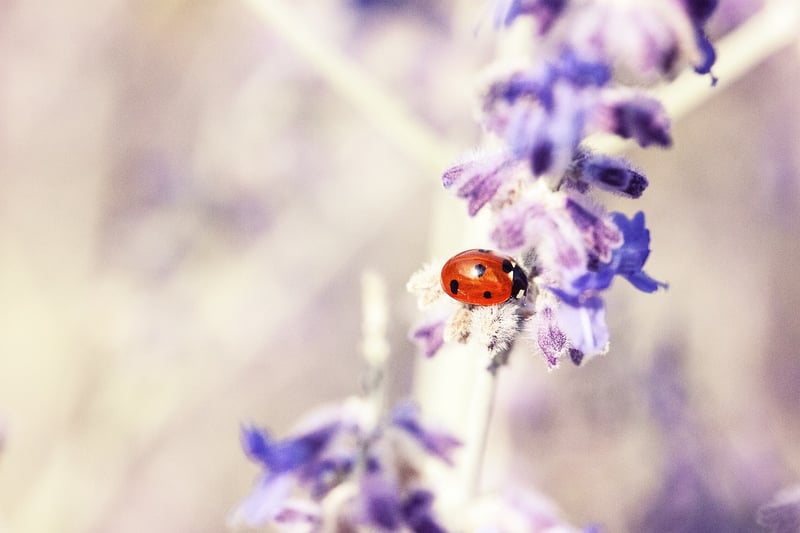Beneficial Insects
Protecting Your Garden with Beneficial Insects

Having a beautiful garden is a joy, but it can be challenging to keep pests at bay without resorting to harmful chemicals. One effective and eco-friendly way to protect your garden is by attracting beneficial insects that act as natural predators to common garden pests.
Why Beneficial Insects are Important
Beneficial insects play a crucial role in maintaining the balance of your garden ecosystem. They help control pest populations by preying on harmful insects, thus reducing the need for chemical pesticides. Additionally, they aid in pollination, promoting the growth of flowers, fruits, and vegetables in your garden.
Common Beneficial Insects
- Ladybugs: Known for feeding on aphids, mealybugs, and spider mites.
- Praying Mantis: Eats a wide range of insects including caterpillars and beetles.
- Lacewings: Feed on aphids, mites, and other soft-bodied insects.
- Ground Beetles: Effective predators of slugs, caterpillars, and other pests.
Attracting Beneficial Insects
There are several ways to attract beneficial insects to your garden:
- Plant Diversity: Grow a variety of plants to provide food and shelter for beneficial insects.
- Avoid Chemicals: Minimize the use of pesticides that can harm beneficial insects.
- Provide Water: Create water sources like birdbaths or shallow dishes for drinking.
- Use Companion Plants: Plant flowers and herbs that attract beneficial insects near your garden crops.
Conclusion
By attracting and supporting beneficial insects in your garden, you can create a healthy and thriving ecosystem that reduces the need for harmful chemicals. Embracing these natural allies will not only protect your plants but also promote biodiversity and sustainability in your garden.
Take the first step towards a greener garden by welcoming these tiny helpers into your outdoor space!
